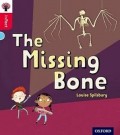
Oxford Reading Tree inFact: Oxford Level 4: The Missing Bone
Visit the museum at night with Zac and Jess they've found a bone, and need to work out which animal's skeleton it belongs to! This enjoyable book introduces children to different animals' skeletons…
- Edition
- -
- ISBN/ISSN
- 9780198371038
- Collation
- 16 Pages : Illustration ; 19 cm
- Series Title
- -
- Call Number
- -
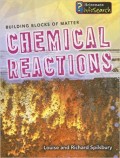
Chemical reactions
Readers will learn what chemical reactions are, how they work, what changes happen during reactions, and how we can stop reactions.
- Edition
- -
- ISBN/ISSN
- 9781403493422
- Collation
- 32 pages : illustration ; 24 cm
- Series Title
- Building Blocks of Matter Heinemann InfoSearch
- Call Number
- 541 SPI
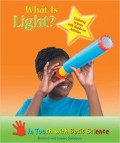
What is light? : exploring science with hands-on activities
Authors Richard and Louise Spilsbury use simple language to explain what light is. Readers explore reflections and bending light; how our eyes work; and how lenses, mirrors, and telescopes work. Th…
- Edition
- -
- ISBN/ISSN
- 9780766030978
- Collation
- 32 pages : illustration : 23 cm
- Series Title
- In touch with basic science
- Call Number
- 535 SPI

World cultures
'Investigate' encourages geographical enquiry with an interactive, investigative, and visual approach to a wide range of core curriculum topics. Each book uses a fun, interactive puzzle approach th…
- Edition
- -
- ISBN/ISSN
- 9781432934712
- Collation
- 32 pages : illustration : 19 cm
- Series Title
- Investigate
- Call Number
- 306 SPI
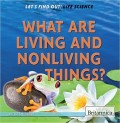
What are living and nonliving things?
Key biological terms are defined in a way that all readers can understand in this book that explains the essential concepts of life processes and how living and nonliving things relate to each othe…
- Edition
- -
- ISBN/ISSN
- 9781622752263
- Collation
- 32 pages : illustration : 21 cm
- Series Title
- Let's Find Out! Life Science
- Call Number
- 570 SPI
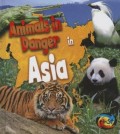
Animals in danger in Asia
This book introduces readers to a range of endangered animals found in Asia. Readers learn basic facts about each animal, and also why the animal's habitat is threatened. The book also considers wh…
- Edition
- -
- ISBN/ISSN
- 9781432976736
- Collation
- 32 pages : illustration ; 22 cm
- Series Title
- -
- Call Number
- 591.6 SPI

How do plants grow?
One of a series of titles covering the Key Stage 1 curriculum on plants. Topics covered include habitats, classification, growth and reproduction.
- Edition
- -
- ISBN/ISSN
- 9780431018096
- Collation
- 32 pages : illustration ; 21 cm
- Series Title
- World of plants
- Call Number
- 580 SPI

Why do plants have flowers?
What are flowers for ? Lots of plants grow bright, colorful flowers. Flowers make seeds. Seeds grow into new plants. Plants and animals have young that grow up to be like them. This is called rep…
- Edition
- -
- ISBN/ISSN
- 9781403473639
- Collation
- 32 pages : illustration ; 22 cm
- Series Title
- World of plants
- Call Number
- 582 SPI
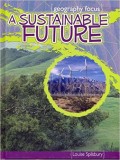
A sustainable future : saving and recycling resources
This new series introduces the most important key stage 2 Geographical themes such as saving and recycling resources, the effects of pollution, how we use the land and migration and settlement. It …
- Edition
- -
- ISBN/ISSN
- 9781410911179
- Collation
- 48 pages : illustration ; 27 cm
- Series Title
- Geography Focus
- Call Number
- 363.7 SPI
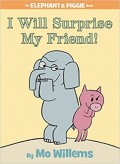
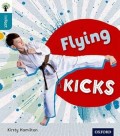
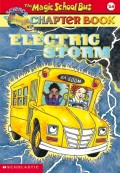
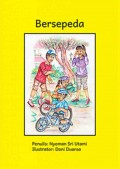
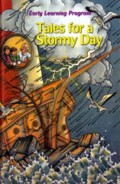
 Computer science, information & general works
Computer science, information & general works
 Philosophy & psychology
Philosophy & psychology
 Religion
Religion
 Social sciences
Social sciences
 Language
Language
 Pure Science
Pure Science
 Applied sciences
Applied sciences
 Arts & recreation
Arts & recreation
 Literature
Literature
 History & geography
History & geography